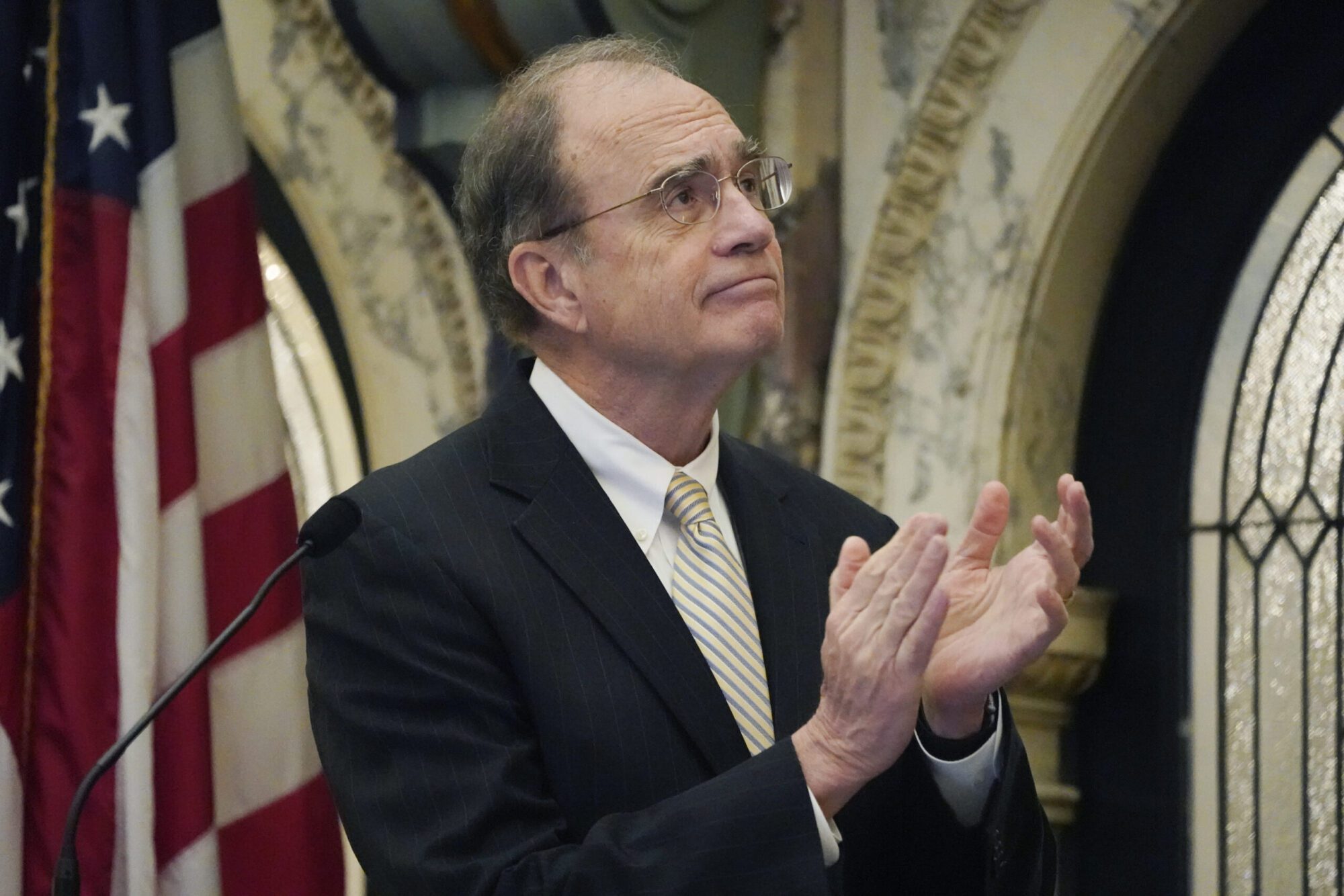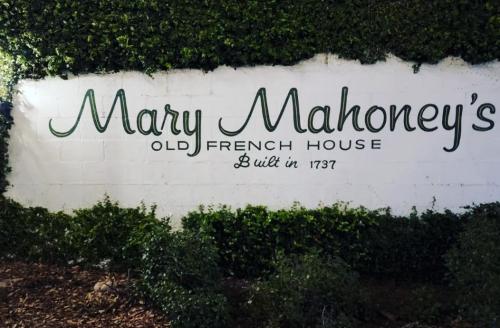
The political evolution away from Democrats has been slow but the shift is likely to continue in the Magnolia State this year.
To an outsider it’s probably more than a little weird that you can drive through ruby red rural counties in Mississippi that are still represented by Democrats at the local level. More often than not, candidates for local office don’t even run as Republicans. But even if they do, it might not matter.
Last election, voters in Webster and Tishomingo counties chose Democratic sheriffs over the Republican candidate even as they were giving Tate Reeves 75 or 80 percent of the vote governor. It’s a throwback to Mississippi’s once dominant Democratic Party in places that are slower to change. But it may soon just be a memory.
Political observers noticed one not-so insignificant marker hit in 2019. For the first time, more people voted in the Republican primary than the Democratic primary. Four years ago, a little more than 383,000 voters chose the Republican primary to 302,000 in the Democratic primary. For comparison, Democrats had over 500,000 primary votes in 2003 with less than 200,000 choosing the Republican primary.
Going even further back, when Mississippi first elected a Republican governor in 1991, just 63,000 voters participated in the Republican primary. Over 700,000 chose the Democratic primary. Unfortunately for Gov. Ray Mabus, the Democrat, only 338,000 would stick around in the general election as he lost to Republican Kirk Fordice.
But this has steadily been shifting. Mississippi’s suburban counties – think Rankin, Madison, Desoto, Harrison, Jackson, Lauderdale – were the first to flip at the local level. About a decade ago, we started to see the dam break elsewhere. Places like Lee, Forrest, Lincoln, Hancock, George, Simpson, Jones, Leake, Neshoba all flipped.
And in many cases, the politicians didn’t change – just their party label. A 30-year circuit clerk doesn’t usually get beat. Rather, the goal is to get a popular official to change, with the sheriff usually the prime target. If you can convince one person to change, they can probably get others, and before you know, a Democratic county is now Republican. And when everyone runs as a Republican, voters change their primary preferences.
This has long been one of the most interesting things about voter preferences. And really says a lot about what voters are most concerned with. Even if there is a competitive Republican primary at the top of the ticket, as there often is, Republican voters will forgo the ability to vote in the race for governor so they can support their preferred candidate for sheriff, supervisor, etc. in the Democratic primary.
For the most part, voters are comfortable with this. The push to change usually comes from county parties, with an assist from the state party. That is certainly the case in Scott County this year. Since 2015, the sheriff, tax collector/ assessor, and one supervisor all changed parties. Republicans have candidates for all but one office. Ironically, soon-to-be former Rep. Tom Miles appears ready to coast into the chancery clerk’s office as a Democrat. He just won’t have many other Democrats around government offices in Forest.
This is the political evolution. When a state changes its voting habits, the presidential election is usually the first thing to change. That’s followed by federal and then statewide offices. The legislature is next and local offices at the very end.
Sometimes this change is pretty quick.
Sometimes you’re Mississippi and this process has been going on for six decades.
But when all is said and done, and the last vote is counted in November, it is likely more county officials will be Republican.











